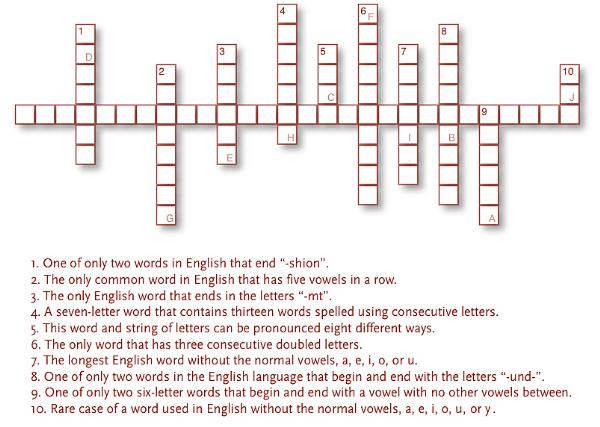Hooked on Phonics | Antidisestablishmentarianism Mystery Cache
Hooked on Phonics | Antidisestablishmentarianism
-
Difficulty:
-

-
Terrain:
-

Size:  (micro)
(micro)
Please note Use of geocaching.com services is subject to the terms and conditions
in our disclaimer.
CACHE LOCATED AT N44°AB.CDE
W88°FG.HIJ
The English language is one of the most
difficult languages to master, not because of it's rules which have
many exceptions or its odd tenses which seem to follow no rules.
But because of its many nuances where a single word can have three
meanings or a single pronunciation of a word can be spelled three
different ways. But it is precisely because of it's limitless
versatility and boundless possibilities that it is the only dialect
where you can express yourself so articulately. This series will
delve into the many oddities of the English language for your
enjoyment and tongue-twisting pleasure.
The word
"antidisestablishmentarianism" itself is often referenced in
English-speaking popular culture due to its unusual length of 28
letters and 12 syllables. It is commonly believed to be the longest
word in the English language, excluding coined and technical terms
not found in major dictionaries.
Longer words typically have been coined by specific authors in
relatively modern times, or are obscure technical names. For
example, floccinaucinihilipilification, first used in prose by
William Shenstone in 1741, is 29 letters long, but was thought to
have been coined as a nonsense word by a single person or small
group of students at Eton. It is rumoured that this was intended to
mean "to value something at nothing" or to describe a lack of
value. Another word specifically coined to be the 'longest word in
the English language' is Supercalifragilisticexpialidocious from
the song of the same name in the film Mary Poppins.
Chlorofluorocarbonation is also a word that is almost as long as
antidisestablishmentarianism, meaning, "the act of putting
chlorofluorocarbons into the air."
Recently, the 2007 edition of Guinness Book of World Records
listed "pneumonoultramicroscopicsilicovolcanoconiosis" as the
longest word in the English language. The medical term is a lung
disease, caused by the "inhalation of very fine silica dust from
volcanoes." The disease may make it harder to breathe, and people
with it need to be hooked up to a lung machine (an artificial
lung). This too was a purposely coined word, with the explicit
intent of being a long word.
The English language contains many oddities and below are clues
about to some of the other strange and
unique words in our language. As with all of my crosswords,
once you solve the puzzle, substitute the numeric position of the
solved word letter in the alphabet to get your corresponding number
to substitute in the cords, using last digits for double digit
positions.

UPDATE 3.23.09: Corrected misalignment of
#7.
UPDATE 4.3.09: Clarified clue for #10 to
rule out secondary option.
Additional Hints
(No hints available.)